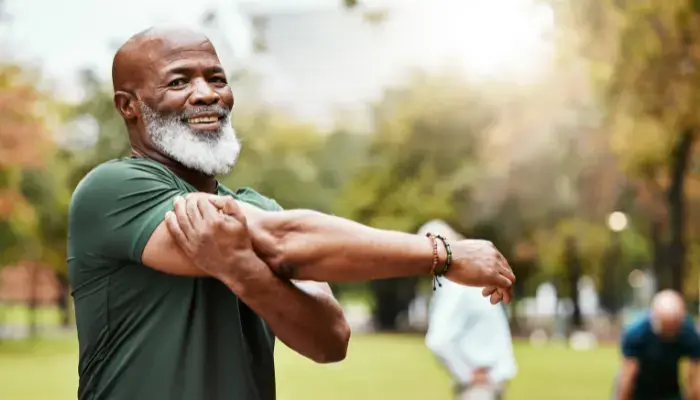As we age, our bodies experience changes in our bones, joints, muscles, digestive and cardiovascular systems, cognitive health, and more. Fortunately, there is an easy and accessible way to slow down the effects of aging — exercise! Regular exercise is one of the best ways to increase energy levels, reduce the risk of chronic conditions, and improve overall health.
In this blog, we explore the numerous benefits of regular exercise for older adults and provide tips on beginning an active lifestyle, regardless of age.
Health Benefits of Regular Exercise As You Age

The Mayo Clinic outlines how physical activity can improve your health and well-being. Here is a summary of the benefits:
#1 Improved Cardiovascular Health
Exercise improves the muscles’ ability to pull oxygen out of the blood, reduces stress hormones that can burden the heart, and works as a beta blocker to slow the heart rate and lower blood pressure. Aerobic exercise, including a brisk walk, cycling session, or swim, can go a long way in promoting heart health.
#2 Enhanced Muscular Function
Weight-bearing exercises, such as walking, tennis, climbing stairs, and lifting weights, can combat the natural loss of muscle mass, known as sarcopenia, caused by the aging process. Strengthening your muscles can improve endurance, flexibility, and balance, lowering your risk of falls and making daily tasks easier.
#3 Better Bone Density
Similar to enhancing muscular function, weight-bearing activities, like jogging or dancing, can boost bone density and reduce the risk of osteoporosis, a bone disease that can increase your risk of fractures.
# 4 Weight Management
Exercise helps preserve lean muscle mass and boost metabolism, aiding in weight management — an important factor, as obesity can lead to several chronic illnesses.
# 5 Increased Mental Acuity
Regular physical activity can help prevent cognitive decline, improve memory, and reduce the risk or delay the onset of Alzheimer's disease or other types of dementia. Exercise can also help elevate mood and reduce symptoms of depression and anxiety.
# 6 Greater Balance and Coordination
Activities like yoga or Tai Chi can improve balance and coordination, reducing the likelihood of falls, common causes of injury among older adults.
# 7 Boosted Energy Levels
Although it sounds counterintuitive, exercising increases endorphin levels, helping to relieve pain, reduce stress, and boost your overall well-being. This is why you’ll often feel more energetic, alert, and awake after exercise.
Recommended Physical Activity Guidelines for Older Adults
According to a report released by the U.S. Department of Health and Human Services (HHS), more than 85 percent of older adults have at least one chronic health condition. Getting the recommended amount of physical activity each week is an effective way of preventing or managing chronic disease.
The HHS has updated its guidelines for weekly physical activity. To achieve the maximum health benefits, older adults should aim for one of the following options:
- 150-300 minutes of moderate physical activity
- 75-150 minutes of vigorous-intensity aerobic physical activity
- An equivalent combination of moderate- and vigorous-intensity aerobic activity
Older adults should also incorporate balance and strength training into workouts at least twice a week.
When chronic conditions limit your ability to follow these guidelines, it’s essential to consult with a primary care provider to ensure you’re being as physically active as your abilities and conditions allow.
How to Get Started with Energy-Boosting Exercise

It's never too late to start reaping the benefits of an active lifestyle. Here's how to begin so your exercise brings energy-boosting benefits - rather than leaving you drained.
#1 Consult with Your Primary Care Provider
Before starting or modifying a new exercise routine, talk to your primary care provider, especially if you have existing health conditions or concerns.
#2 Find Activities You Enjoy
Exercise shouldn’t feel like a chore. Whether swimming, cycling, or joining a dance class, find something that brings you joy and stick with it. Consider these additional options when designing your workout:
- Walking or hiking
- Climbing stairs
- Tai Chi
- Jogging or running
- Water aerobics
- Bodyweight exercises like push-ups, sit-ups, or planks
- Pickleball or tennis
- Digging and lifting:
- Gardening
- Landscaping
- Woodworking
#3 Set Realistic Goals
Your exercise goals should be both attainable and sustainable. Start with smaller, achievable milestones and progress from there.
#4 Ensure a Gradual Progression
Begin with low-impact exercises and slowly increase the intensity as your fitness improves.
#5 Incorporate Variety
Mix aerobic exercises, strength training, and flexibility workouts to keep things exciting and to work different muscle groups.
#6 Build a Routine
Regular activity is key. Aim to incorporate exercise into your daily routine to make it a habit.
#7 Listen to Your Body
Be mindful of your body's signals and know when to push and when to rest. Overexertion can lead to injuries, which would be counterproductive.
#8 Find Your Support Network
Consider joining a community center or a fitness group for support and camaraderie. Many local organizations offer classes specifically designed for older adults.
Additionally, assisted living communities like 305 West End are ideal options for seniors who want to enjoy the convenience of on-site amenities like fitness centers and wellness programs.
305 West End Assisted Living offers the following to help residents stay active:
- A fitness center, wellness programs, and fitness-related events and programming.
- Close proximity to outdoor destinations like Riverside Park and Central Park, as well as cultural attractions like the
American Museum of Natural History. - Walking access to shopping, fine dining, gourmet groceries, and more.
Interested in Learning More About 305 West End?
Request a brochure and schedule a call or visit to learn more about the sophisticated living options at 305 West End Assisted Living.







